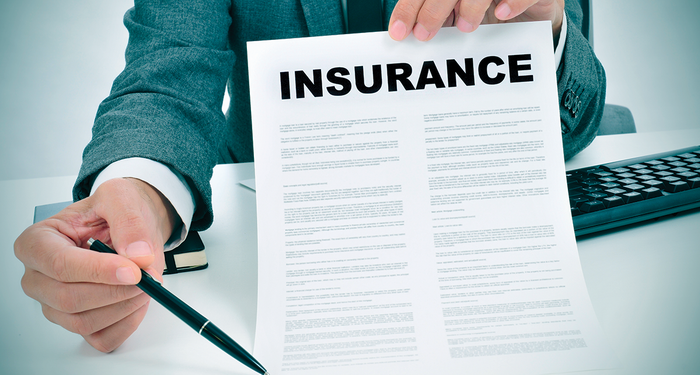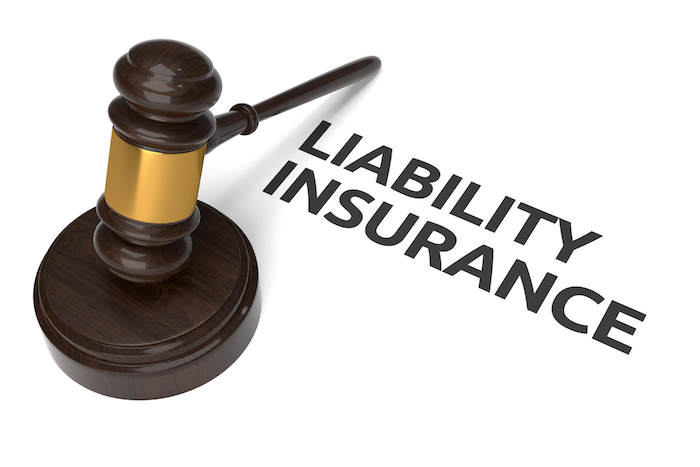Car insurance can be expensive, but it’s necessary if you want to drive legally. However, many ways exist to save money on car insurance without sacrificing coverage. This guide will provide the best tips and strategies to help you save money on your car insurance premiums while maintaining the coverage you need.
Understanding Car Insurance Coverage
Car insurance provides financial protection in a car accident or theft. It can also help cover damages to other people’s property or injuries they may sustain due to your actions while driving. There are several types of coverage to consider:
- Liability Coverage: This coverage pays for damages and injuries you cause to other drivers and their property in an accident. It’s typically required by law in most states.
- Collision coverage and comprehensive coverage are two important types of car insurance that can help protect you financially in the event of an accident or other covered event. Collision coverage pays for damages to your vehicle in the event of an accident, regardless of who is at fault. Comprehensive coverage, on the other hand, covers damages to your car that are not the result of a collision, such as theft, vandalism, or natural disasters. By having both types of coverage, you can have peace of mind knowing that you’re protected against a variety of risks.
- Personal Injury Protection: This coverage pays for medical expenses for you and your passengers in the event of an accident.
- Uninsured and Underinsured Motorist Coverage: This coverage protects you if you’re in an accident with a driver who doesn’t have enough insurance to cover the damages.
Understanding these different types of coverage is essential to ensuring adequate protection during an accident. Be sure to review your policy carefully to understand what types of coverage you have and how much protection they offer.
Factors that Affect Your Car Insurance Rates
Car insurance rates are determined by various factors, some of which are within your control and others that are not. Understanding these factors is important to find ways to save money on your premiums. Some of the most common factors that affect your car insurance rates include:
- Driving Record: Your driving history is one of the most significant factors that insurers consider when determining your rates. Insurance companies typically charge higher premiums for coverage to drivers who have a history of accidents or traffic violations since they are considered higher risk. Therefore, it’s important to maintain a clean driving record to keep your car insurance rates low. By driving safely and following traffic laws, you can avoid accidents and violations, and in turn, keep your insurance premiums affordable.
- Age and Gender: Younger and male drivers are statistically more likely to be involved in accidents, which means they will typically pay higher rates.
- Location: Where you live can significantly impact your car insurance rates. Drivers in urban areas with higher rates of accidents and theft will typically pay more for coverage.
- Type of Car: The make and model of your car can also affect your insurance rates. Cars with higher safety ratings and lower repair costs are typically less expensive to insure.
- Credit Score: In many states, insurers can consider your credit score when determining your rates. Drivers with lower credit scores are considered higher risk and may pay higher premiums.
- Deductibles and Coverage Limits: The amount of coverage you have and your deductible amount can also affect your rates. Higher deductibles and lower coverage limits typically result in lower premiums.
- Discounts: Many insurers offer discounts for things like safe driving, multiple policies, and certain safety features on your car. Taking advantage of these discounts can help lower your rates.
By understanding these factors and how they affect your car insurance rates, you can take steps to lower your premiums and find the right coverage for your needs.
Tips for Saving Money on Car Insurance
Car insurance can be expensive, but there are several strategies you can use to save money on your premiums without sacrificing coverage. Here are some tips to help you lower your car insurance costs:
- Shop Around: Don’t settle for the first insurance quote you receive. Shop around and compare rates from multiple insurers to find the best deal.
- Consider Bundling: Many insurers offer discounts if you have multiple policies with them, such as car insurance and homeowners insurance.
- Increase Your Deductible: Raising your deductible can lower your premiums, but be sure you can afford to pay the higher deductible if you do have an accident.
- Reduce Your Coverage: Consider dropping coverage you don’t need, such as collision or comprehensive coverage on an older car with a low value.
- Maintain a Good Driving Record: Keeping a clean driving record can help you qualify for lower rates, as many insurers offer discounts for safe drivers.
- Take a Defensive Driving Course: Completing a defensive driving course can also help you qualify for discounts on your car insurance premiums.
- Ask About Discounts: Many insurers offer discounts for things like good grades (for young drivers), certain professions (such as teachers), and certain safety features on your car (such as anti-theft devices).
- Pay Your Premiums Annually: Paying your car insurance premiums annually rather than monthly can help you save money on fees and charges.
By implementing these strategies, you can lower your car insurance premiums and still maintain the coverage you need. It’s important to review your policy regularly and make changes as needed to ensure you’re getting the best possible rates.
FAQs
Q: What is car insurance?
A: Car insurance is a type of insurance policy that provides financial protection in the event of an accident or other covered event involving your car. It typically covers damage to your car, liability for injuries or property damage you may cause to others, and other related expenses.
Q: What types of car insurance are available?
A: There are several types of car insurance available, including liability coverage, collision coverage, comprehensive coverage, personal injury protection (PIP), and uninsured/underinsured motorist coverage. Each type of coverage provides different protections and may be required by law in your state.
Q: How much car insurance coverage do I need?
A: The amount of car insurance coverage you need depends on several factors, including the value of your car, your personal assets, and your risk tolerance. In general, it’s a good idea to have enough coverage to protect your assets in the event of a serious accident.
Q: How are car insurance rates determined?
A: Car insurance rates are determined based on a variety of factors, including your driving record, age, gender, location, type of car, and credit score. Insurers use these factors to assess your risk and determine your premiums.
Q: Can I change my car insurance policy mid-term?
A: Yes, you can typically make changes to your car insurance policy mid-term, such as adding or removing coverage or changing your deductible. However, some changes may result in additional fees or penalties.
Q: What should I do if I’m involved in a car accident?
A: If you’re involved in a car accident, first make sure everyone is safe and call for medical assistance if needed. Then, exchange insurance information with the other driver and take photos of the accident scene. Finally, contact your insurance company to report the accident and file a claim.
Q: What is a deductible?
A: A deductible is the amount you pay out of pocket before your car insurance coverage kicks in. For example, if you have a $500 deductible and your car sustains $2,000 in damage, you’ll pay $500, and your insurer will pay the remaining $1,500.
Q: What happens if I let my car insurance lapse?
A: If you let your car insurance lapse, you may be subject to penalties and fines, and you may also have trouble getting coverage in the future. In some cases, you may also face legal consequences if you’re caught driving without insurance.
Q: How can I get the most affordable car insurance rates?
A: The best way to get the most affordable car insurance rates is to shop around and compare quotes from multiple insurers. You can also consider bundling policies, increasing your deductible, and asking about discounts.
Q: Can I save money on car insurance by increasing my deductible?
A: Yes, increasing your deductible can lower your car insurance premiums. However, be sure you can afford to pay the higher deductible if you do have an accident.
Q: What are some common discounts available for car insurance policies?
A: Common discounts available for car insurance policies include safe driving discounts, multi-policy discounts, good student discounts, and discounts for certain safety features on your car.
Q: Does my credit score affect my car insurance rates?
A: In many states, insurers are allowed to consider your credit score when determining your car insurance rates. Drivers with lower credit scores are considered higher risk and may pay higher premiums.
Q: Are there any specific safety features that can help lower my car insurance rates?
A: Yes, certain safety features on your car can help lower your car insurance rates. These may include anti-theft devices, anti-lock brakes, and airbags.




